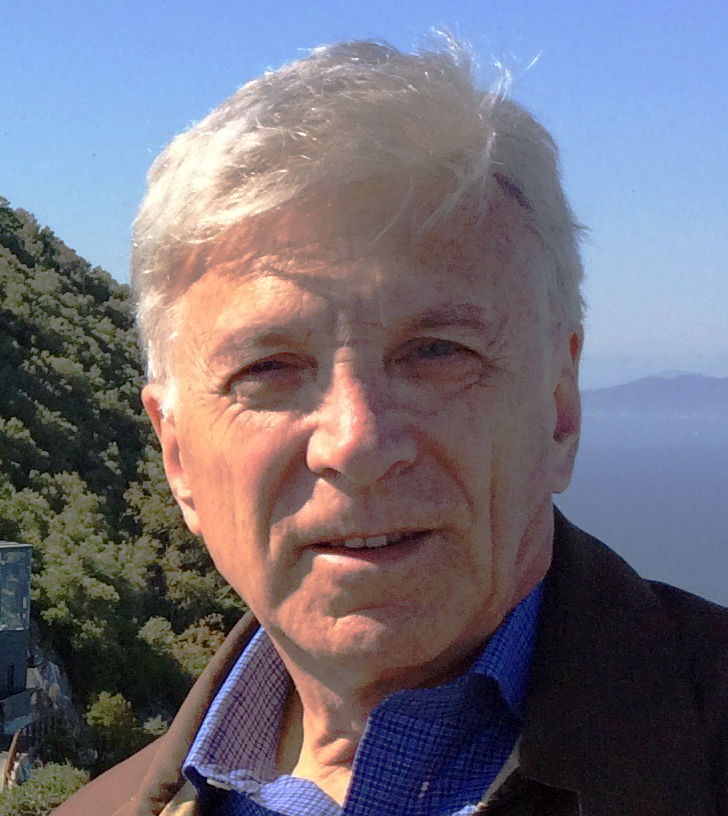
It is the job of a nation’s intellectuals to connect current events to principles and to past events. Rarely is that done. Look at three examples.
1. Wasn’t it just a couple of years ago that we learned that campuses were concerned about students’ need for “safe spaces” and “trigger warnings” had to be given, for instance to alert sensitive students that the speaker was going to mention something that could be disconcerting to them, such as that he was going to use the word “individualism”?
But now it’s fine for “Palestinians” to celebrate the October 7th atrocities, to hurl the word “genocide” at the children or grandchildren of those who witnessed actual genocide, and to harass and threaten Jews on campus.
What happened to the concept of the college student as a “snowflake” who shouldn’t have to endure the prospect of any unpleasantness?
2. Ceasefires. There have been ceasefires all my life, and I heard the term as far back as the Korean War. Out of the hundreds of cease-fires that have been tried, none have worked. All have been broken at the convenience of the more evil side. Hamas broke a ceasefire on October 7th. Just half a year ago.
Put into the same bucket all “deals” that the good makes with the evil, all “quiet diplomacy,” all “peace processes” and all detentes. After the unbroken record of failure of these things, the call for them goes out unabated. “That was then, this is now” is the mantra.
3. We constantly hear that man can know nothing for certain, that truth is relative to the individual, that observations are “theory-laden” so cannot claim to be objective, that no scientific claim can be proved true, that we can say only it hasn’t been refuted by the data so far. At the same time and from the same people, we hear that catastrophic climate change is beyond doubt, that those who question it are “deniers” who should be kicked out of any position of consequence.
How does the same mind hold, “Nothing is certain” and “Climate catastrophe is certain”?

